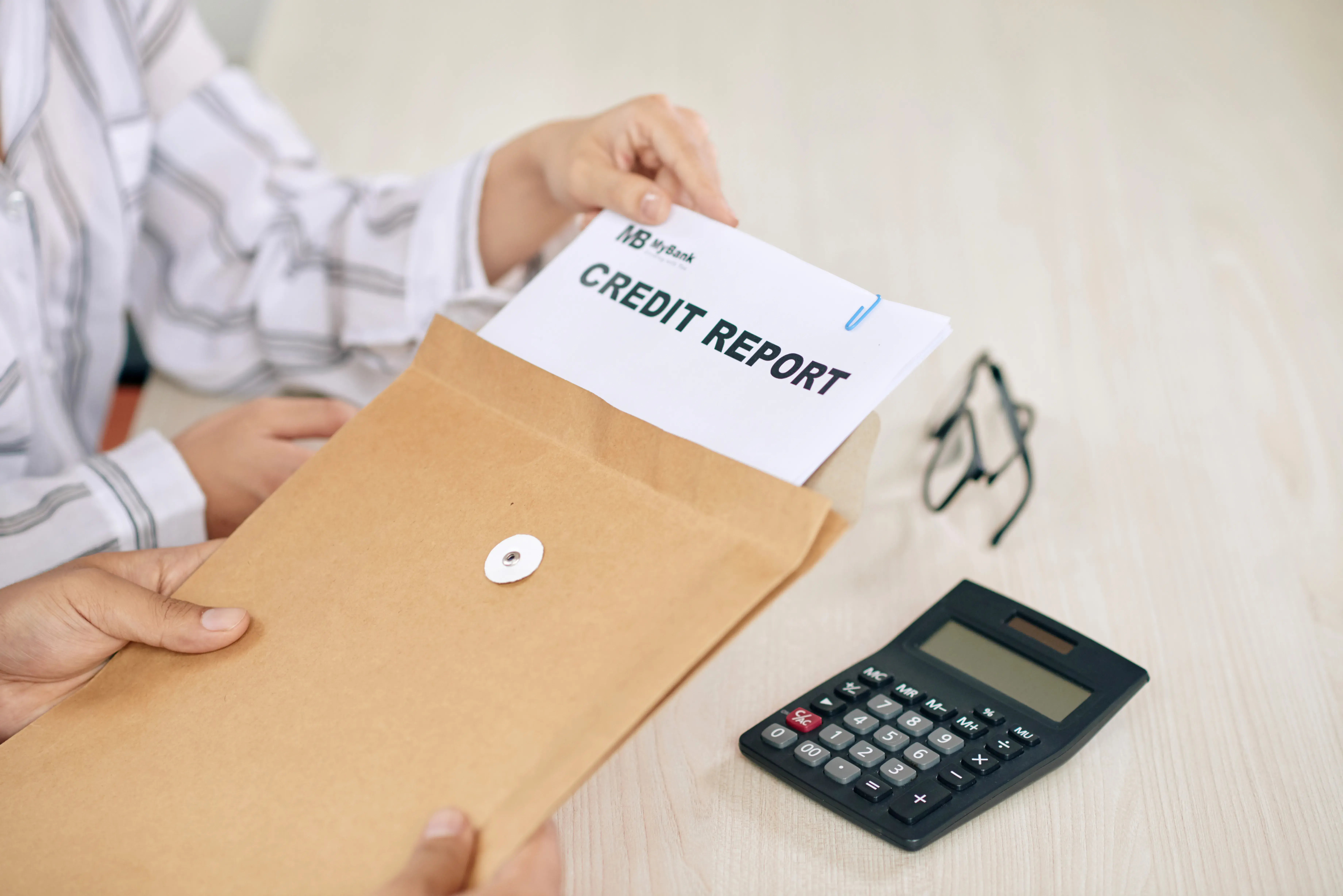-
Posted on: 23 Apr 2025

-
Understanding the Experian Business Credit Report: A Comprehensive Guide
In today’s competitive business landscape, maintaining a strong credit profile is essential for growth and financial stability. Whether you're a small business owner or a large corporation, your business credit score plays a crucial role in securing loans, attracting investors, and establishing trust with suppliers. One of the most trusted sources of business credit information is the Experian Business Credit Report.
What is an Experian Business Credit Report?
Experian is one of the three major business credit bureaus (alongside Equifax and Dun & Bradstreet) that tracks and evaluates the creditworthiness of businesses. The Experian Business Credit Report provides a detailed overview of a company’s financial health, payment history, credit utilization, and risk factors.
Lenders, suppliers, and potential business partners often review this report to assess whether a company is financially reliable before extending credit or entering contracts.
Key Components of an Experian Business Credit Report
The Experian Business Credit Report contains several critical sections that help stakeholders evaluate a company’s creditworthiness. Here’s a breakdown of the key components:
Business Credit Score (Experian Intelliscore Plus)
Experian uses the Intelliscore Plus model to generate a business credit score ranging from 1 to 100, with higher scores indicating lower risk. Factors influencing this score include:
- Payment history
- Credit utilization
- Length of credit history
- Public records (liens, bankruptcies, judgments)
- Company size and industry risk
Business Information Summary
This section includes:
- Company name, address, and contact details
- Years in business
- Number of employees
- Industry classification (SIC/NAICS codes)
Trade Payment History
Experian tracks payment behavior with vendors, suppliers, and creditors. This section reveals:
- On-time payments
- Late payments (30, 60, 90+ days overdue)
- Outstanding balances
A strong payment history improves creditworthiness, while frequent late payments can negatively impact your score.
Credit Accounts and Financial Data
This section lists:
- Open and closed credit accounts
- Credit limits and current balances
- Loan repayment history
Lenders review this data to assess how responsibly a business manages its debt.
Public Records & Collections
Negative financial events such as:
- Bankruptcies
- Tax lines
- Judgments
- Collections accounts
This can significantly damage a business’s credit profile.
Risk Indicators & Predictive Analytics
Experian provides risk assessments based on industry benchmarks, helping lenders predict future financial stability.
How to Obtain Your Experian Business Credit Report?
Accessing your business credit report is straightforward. Here’s how:
- Visit Experian’s Official Website
Go to www.experian.com/business and navigate to the business credit section.
- Purchase a One-Time Report or Subscription
You can buy a single report or opt for a monthly monitoring service to track changes.
- Verify Your Business Information
Ensure your business details (legal name, EIN, address) are accurate to avoid discrepancies.
- Review and Dispute Errors (If needed)
If you find inaccuracies, file a dispute with Experian to correct them promptly.
Why Does Your Experian Business Credit Report Matter?
A strong business credit profile offers several advantages:
- Easier Access to Financing
Banks and lenders rely on Experian reports to approve business loans, lines of credit, and credit cards.
- Better Vendor & Supplier Terms
Suppliers may offer favorable payment terms (e.g., net-60 instead of net-30) if your credit score is high.
- Increased Trust with Partners & Clients
A solid credit history enhances credibility when bidding for contracts or forming partnerships.
- Lower Insurance Premiums
Some insurers consider creditworthiness when determining business insurance rates.
- Protection Against Fraud
Regularly monitoring your report helps detect unauthorized accounts or fraudulent activity.
How to Improve Your Experian Business Credit Score?
If your score is lower than desired, follow these steps to improve it:
- Pay Bills on Time
Late payments hurt your score. Set up reminders or automatic payments to avoid delays.
- Reduce Credit Utilization
Keep credit card balances below 30% of your limit to demonstrate responsible credit management.
- Establish Trade References
Work with suppliers who report payments to Experian to build a positive payment history.
- Monitor Your Report Regularly
Check for errors and dispute inaccuracies immediately.
- Avoid Excessive Credit Applications
Multiple hard inquiries in a short period can lower your score.
- Resolve Negative Records
Pay off collections, lines, or judgments and request updates to your report.
Final Thoughts
Your Experian Business Credit Report is a vital tool for financial growth and credibility. By understanding its components, regularly monitoring your score, and taking proactive steps to improve it, you can secure better financing options, negotiate favorable terms, and position your business for long-term success.
Take control of your business credit today—request your Experian report, review it thoroughly, and implement strategies to strengthen your financial standing.
Unlock better rates and opportunities—contact us at (888) 803-7889 to start improving your credit score today!




